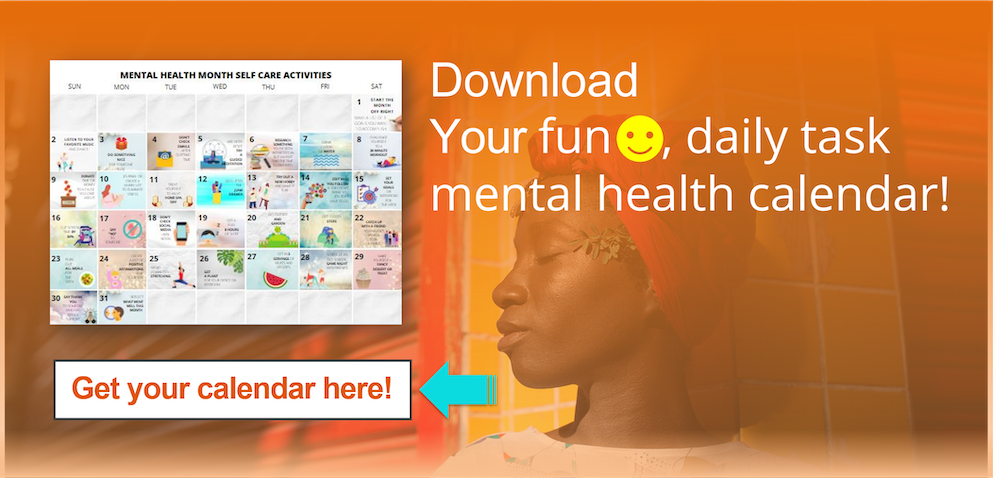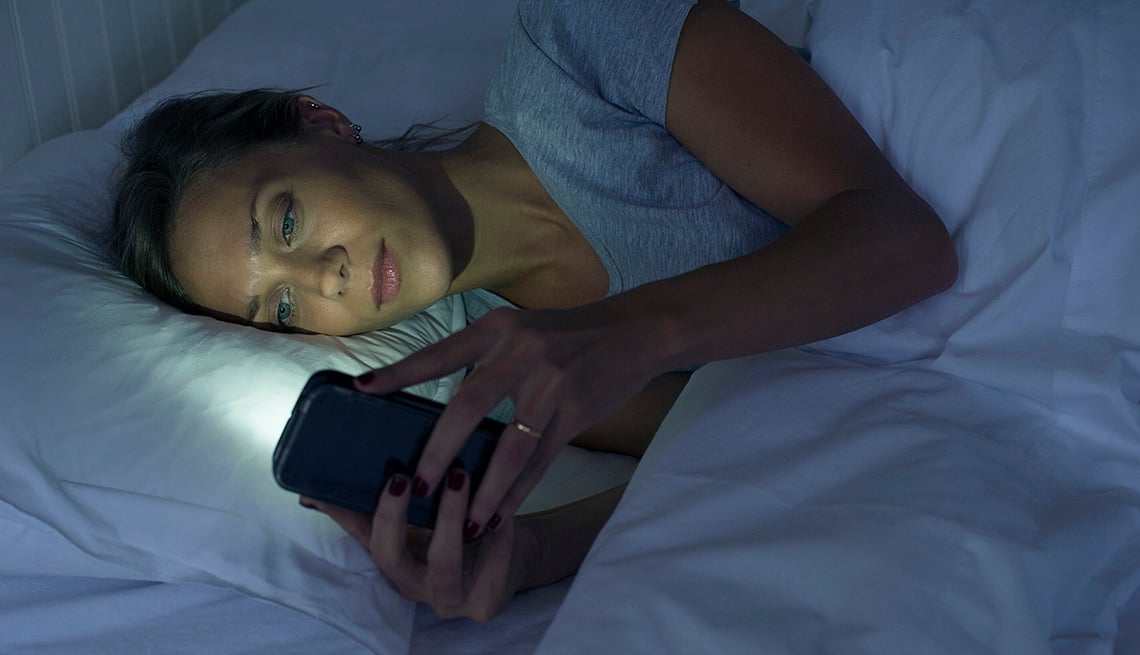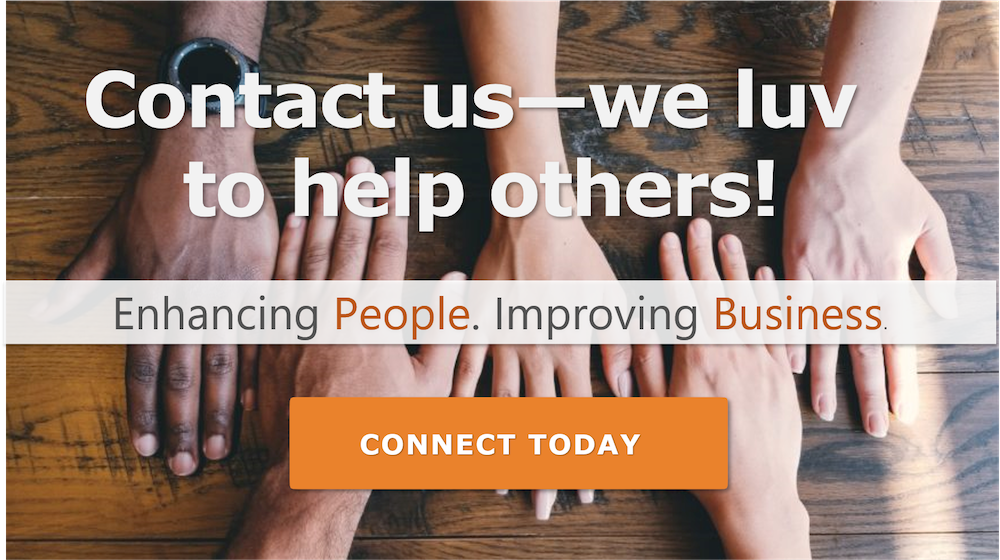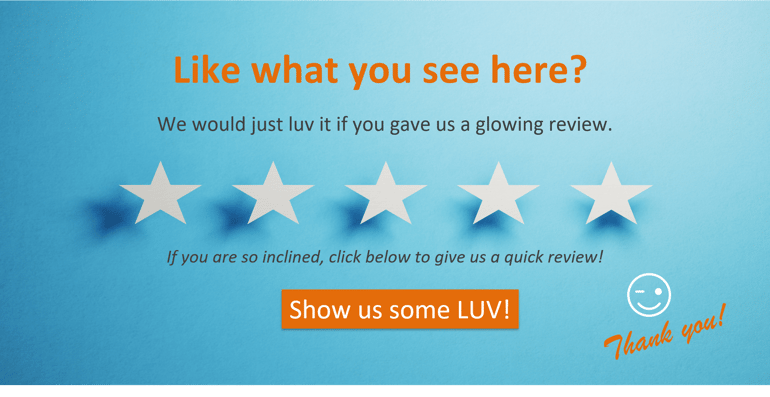May is Mental Health Awareness Month
May is Mental Health Awareness Month. Every week this month, we will address a mental health topic that is good for your total well-being. We’ll provide you with all kinds of tips, tools and tricks to help you and your team keep stress at bay by caring for that number one person in your life—YOU!
The first one on the docket, learning to unplug for your mental health.
Unplugging is good for your brain
Do you have dedicated employees who leave the office at quitting time but take the job home with them? Maybe they respond to emails at 9:00 p.m. or schedule updates for early morning delivery. Maybe this describes you? Though it may seem a harmless task, research has shown that answering emails after hours can be detrimental not only to employee's mental health but their family's mental health as well.
Whether your company expects employees to be available evenings and weekends, or employees just feel obligated to work outside of regular business hours, doing so will hurt their relationships and job performance.
We have become an "always on" culture. Our smartphones keep us dialed into work on our lunch hour, dinner hour, evening, weekends and vacations, making it exceedingly difficult to disconnect from the job.
 Anxiety Inducing Expectations
Anxiety Inducing Expectations
The massive shift to remote work this last year also shifted employer expectations. As employers began to accommodate work from home schedules, the line between work and personal life became increasingly blurred.
With a home office readily available, employers, sometimes inadvertently, expected employees to check and respond to their email more frequently, even after hours.
Though employees may not have been explicitly directed to check email after hours, employees that believed they were expected to do so suffered from a reduced sense of well-being.
The reporting research, conducted by the Academy of Management, found that even when there were no new emails to act upon, the mere expectation and the actual anticipation of work created constant stress that did not allow the employee to detach from the job entirely.
Researchers stated, "Our research exposes the reality: 'flexible work boundaries' often turn into 'work without boundaries' compromising employees’ and their families’ health and well-being."
The Importance of Work-Life Balance
Maintaining a balance between work and life helps reduce stress and prevents burnout in the workplace. Chronic stress is one of the most common health issues employers face. It can lead to physical consequences that requires extended time off or leads to excessive absences. Chronic stress also causes mental health issues like depression, anxiety, insomnia and poor relations at home and work.
Work-life balance means something different to everyone.
The workforce is currently made up of three different generations
who view the working world in very different ways.
Baby boomers, whose parents lived through the Great Depression, were taught to value hard work and often took jobs after college, where they stayed for most of their careers. They work long hours, sometimes missing family events and school functions.
Generation X, refers to people born between 1965 and 1980. These were the children of baby boomers, and unlike their parents, this generation was less likely to stay in one job for the entirety of their working life. This generation watched their parents work endless hours and miss Little League games, so they are far more likely to place value on finding a stable work-life balance.
Millennials, people born between 1980 and 2000 are generally placed into a category known as the millennial generation. Millennials value flexibility and do not have a problem switching companies or industries throughout their working years. They want to telecommute and make their own hours and will often take a lesser salary to have more choices in their work schedule. For many in this generation, work-life integration means matching personal goals with professional goals, and they are more likely to seek out companies that share their values.
Still, regardless of the generation, an employment study found that 81% of workers check their email outside work hours, and 55% say they look at their inboxes past 11:00 o'clock at night.
So how do you help employees balance work time and personal time? Consider reducing expectations to monitor email outside of work.
Employers:
-
Clearly communicate organizational expectations.
-
If the job requirement states that email availability is part of the responsibilities, it should be stated the job description.
-
Build them into your policies.
-
Offer flexible work hours.
-
Adjust vacation policies by allowing workers to take breaks whenever they need them.
The burden of balancing work and personal time doesn't just fall to the employer. The employee must find ways to manage this always-on lifestyle as well.
Employees:
-
Prioritize personal goals keeping them separate from professional ones.
-
Commit to not checking email after working hours.
-
Request comfortable office conditions.
-
Ask for professional growth opportunities.
-
Set actual working hours.
To reduce overall anxiety and the stress of constant communication, it's important for both employers and employees to set guidelines and limits on working after hours.
5 Way to Stop Checking Your Emails During
Non-Working Hours
-
The most fundamental way you can stop worrying about emails after hours is to stick to the working hours you set for yourself. This allows you to set boundaries and then let clients know what those boundaries are. Once you've chosen your working hours, give clients a heads up, so they can get used to your schedule.
-
Another strategy is to schedule your projects a month out. Doing this allows you to know what is coming down the pipeline and helps reduce last-minute requests. Any requests that come up outside of your timeline can wait until you are clocked in for work.
-
Once you find that you’re self-organized, you'll be less likely to want to answer emails on your personal time because you'll already know everything is on schedule.
-
You can also try setting an autoresponder that goes out whenever you get an email during the regular workday. The email can state that your working hours are from 8:00 a.m. to 3:00 p.m. and explain how long it will take for you to respond to the email. In this way, clients feel acknowledged but also know you will not be responding right away.
-
Finally, realize some things can simply wait. If you get a call and it's not urgent, or you get a late-night email that's not pressing, it can wait. The time you're with friends and family is time you can't get back.
In our month of May mental health calendar, today's self-care tip is "don't check your email after work hours" day. Now that you know how important it is to leave work at work, will you be able to put your computer behind you and spend time with the family in front of you?
When you partner with Ulliance, our Life Advisor Consultants are always just a phone call away to teach ways to enhance your work/life balance and increase your happiness. The Ulliance Life Advisor Employee Assistance Program can help employees and employers come closer to a state of total well-being.
References
Leibowitz, G. (2018, August 30). Those Late Night Work Emails Are Hurting You and Your Family, Says New ResearchResearch proves what we all know: Checking email after-hours makes us unhappy. Retrieved from Inc.: https://www.inc.com/glenn-leibowitz/checking-work-email-after-hours-is-harmful-to-employee-health-according-to-new-research.html
Lusinski, N. (2018, August 15). Checking Work Emails After Hours May Be Damaging Your Mental Health — And Your Relationship. Retrieved from Bustle: https://www.bustle.com/p/checking-work-emails-after-hours-may-be-damaging-your-mental-health-your-relationship-10115672
Member, b. (2020, May 29). What After-Hours Emails Really Do to Your Employees. Retrieved from Business News Daily: https://www.businessnewsdaily.com/9241-check-email-after-work.html
William J. Becker, L. B. (2018, July 9). Killing me softly: Electronic communications monitoring and employee and spouse well-being. Retrieved from Acadamy of Management: https://journals.aom.org/doi/10.5465/AMBPP.2018.121



